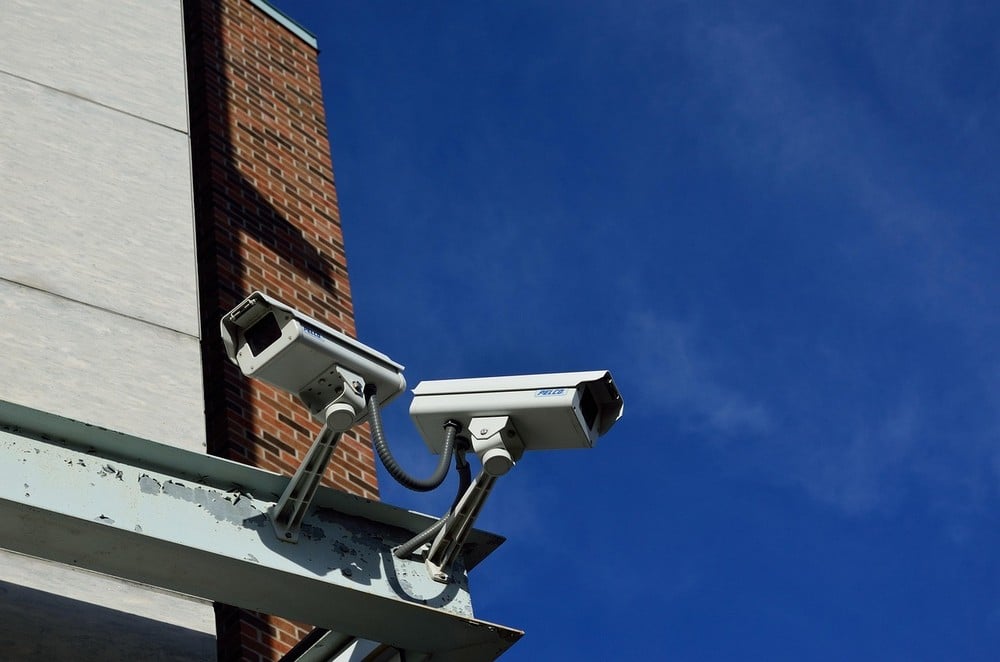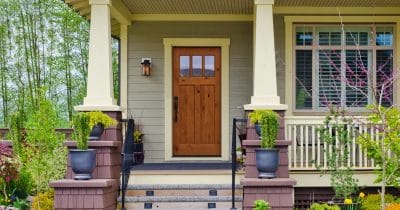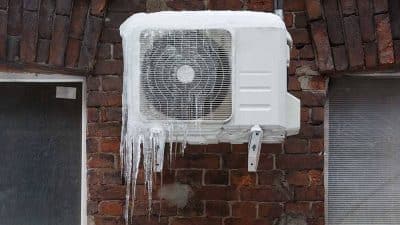Home and business security systems serve as the frontline defense against crime and emergencies, yet they cater to different needs. Understanding their nuances is crucial for anyone considering security options, whether for personal residences or commercial properties. This article outlines the significant differences between these two types of security systems, covering aspects such as features, monitoring, installation, and costs.

Understanding Home Security Systems
Home security systems primarily focus on protecting residential properties. They typically include features such as window and door sensors, motion detectors, and surveillance cameras. These systems are designed with the average homeowner in mind. Most individuals opt for systems that offer basic functionalities like alarms and basic monitoring. Some advanced options might include home automation systems that integrate smart home devices. Due to the typical size of a home, the installation process for residential systems is relatively straightforward.
Homeowners often choose DIY installations, which can save money but might sometimes compromise effectiveness. Residential systems can also feature monitoring plans that alert homeowners to any potential threats, much like some higher-end business models. Many homeowners and business owners seek systems that provide safety with crash barriers to deter intruders. These can serve as both physical and visual deterrents, contributing to overall safety. Security systems focus on simplicity and ease of use, appealing to those who might not have extensive technical knowledge.
Business Security Features
Contrarily, business security systems encompass a broader range of features and services suited to various types of commercial environments. Businesses face unique challenges, such as larger premises, higher foot traffic, and the need to protect sensitive information.
Therefore, security systems for businesses often include advanced surveillance options and integrated alarms. Business security may incorporate access control systems that limit who can enter specific areas within a building. This kind of technology is critical for protecting sensitive information, such as financial data or confidential client files.
Many business security systems feature 24/7 monitoring options that ensure constant vigilance. As businesses can vary widely in size and security needs, many owners consider a personalized security assessment. This approach allows security providers to recommend customized solutions that cater to specific risks and threats.
Installation Process: Home vs. Business
The installation approach diverges significantly between home and business security systems. Homeowners often favor convenience. Many residential systems allow for DIY setups, making them accessible and cost-effective.
Such systems can be managed via smartphone apps, enabling homeowners to monitor their property remotely. In contrast, businesses typically rely on professional installation. A dedicated security team evaluates the premises, identifying vulnerable points and customizing a system tailored to the business’s unique needs.
Security professionals conduct thorough assessments to ensure comprehensive coverage, sometimes recommending a combination of fixed and mobile cameras, alarm systems, and access control units. Professional installation can lead to a more reliable outcome, with fewer vulnerabilities left unaddressed.
Monitoring Services and Response Times
Monitoring services represent another key difference between home and business security systems. While both systems can offer alarm monitoring, the expectations often differ. Homeowners may select basic plans focusing on alerts for breaches or fires.
In many cases, a phone alert system suffices for homeowners, prioritizing convenience over immediate responses. Conversely, businesses generally seek greater security engagement. Business systems often provide integrated monitoring services that encompass immediate response capabilities.
24/7 monitoring teams are standard practice, guaranteeing that alarms trigger rapid responses from emergency services when necessary. This feature is particularly important for businesses exposed to greater risks, such as theft, vandalism, or data breaches.

Cost Consideration
The costs associated with home versus business security systems can vary widely. Homeowners can typically find comprehensive security solutions within a range that fits a household budget. Basic systems that act as initial deterrents are widely available and may not require recurring fees beyond the initial investment for equipment. In contrast, business security entails a more substantial financial commitment.
Given the nature and scope of risks faced by businesses, investing in a security system may involve higher initial costs along with ongoing monitoring fees. The consideration of insurance premiums can factor into the discussion as well. A robust security system can sometimes reduce overall insurance costs for businesses, presenting a smart financial strategy.
Understanding the significant differences between home and business security systems is critical for making an informed decision. Each system has its strengths that align with unique needs, whether a simple system for residential protection or a multi-faceted approach designed for the complexity of a business environment.








